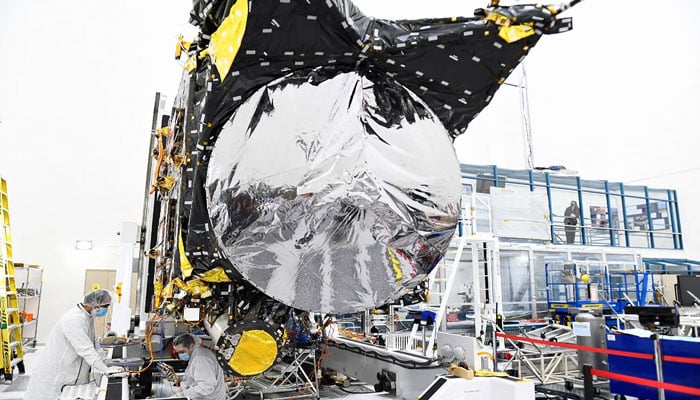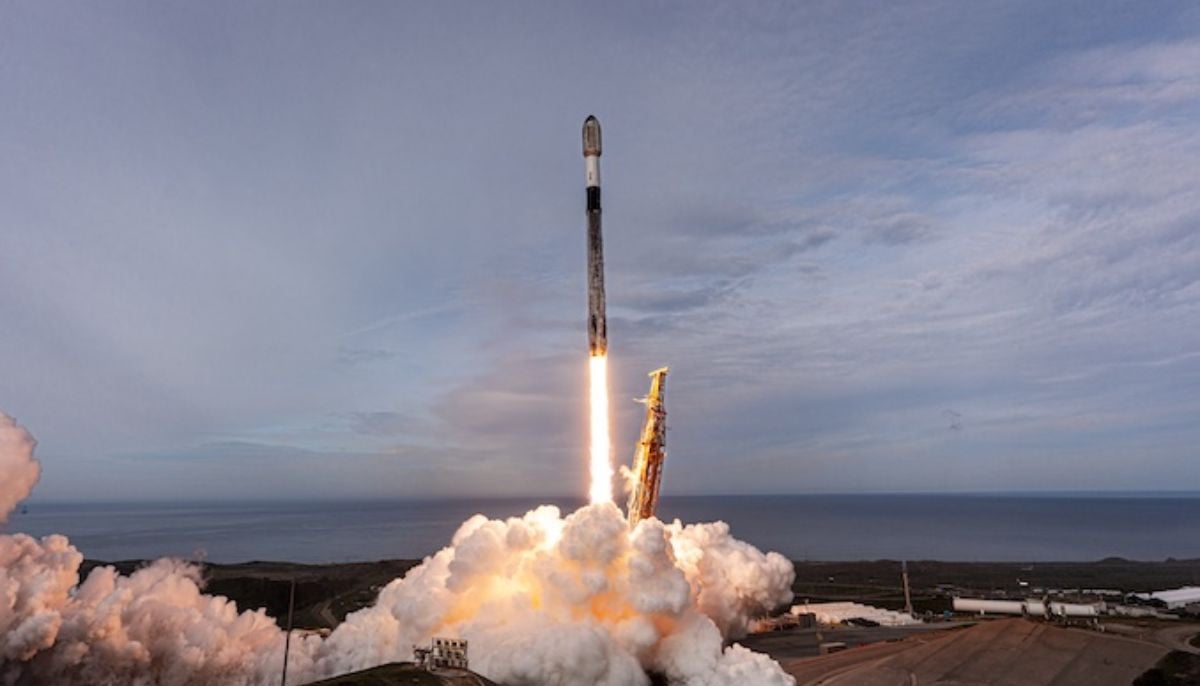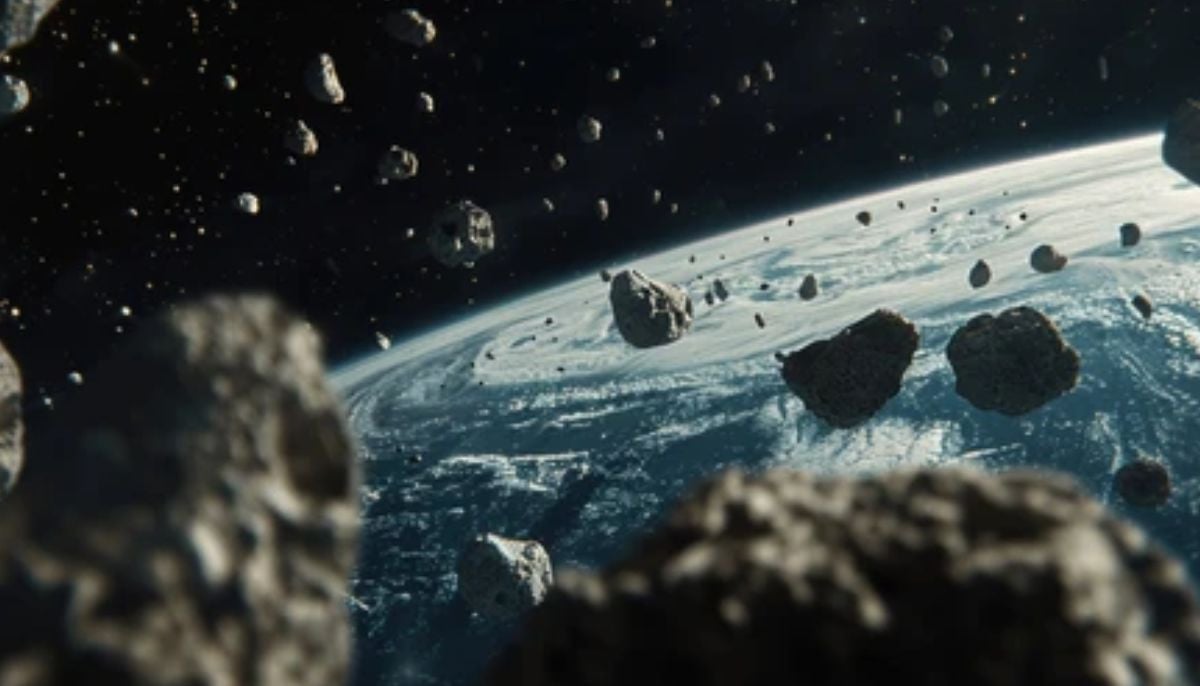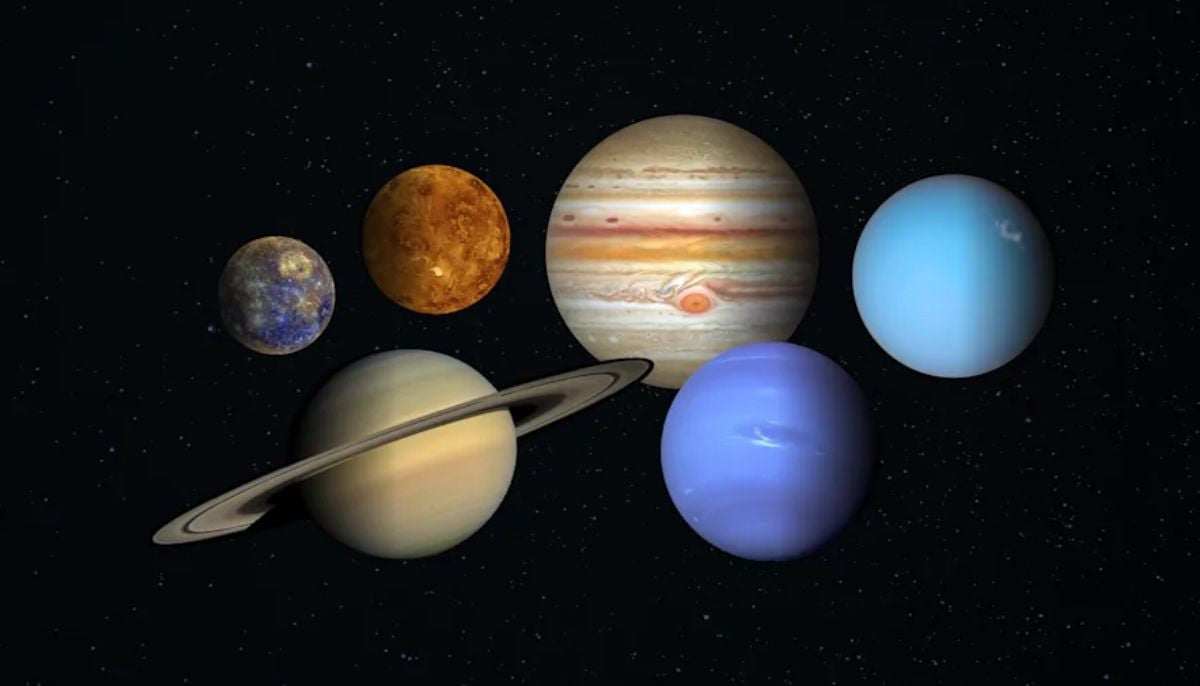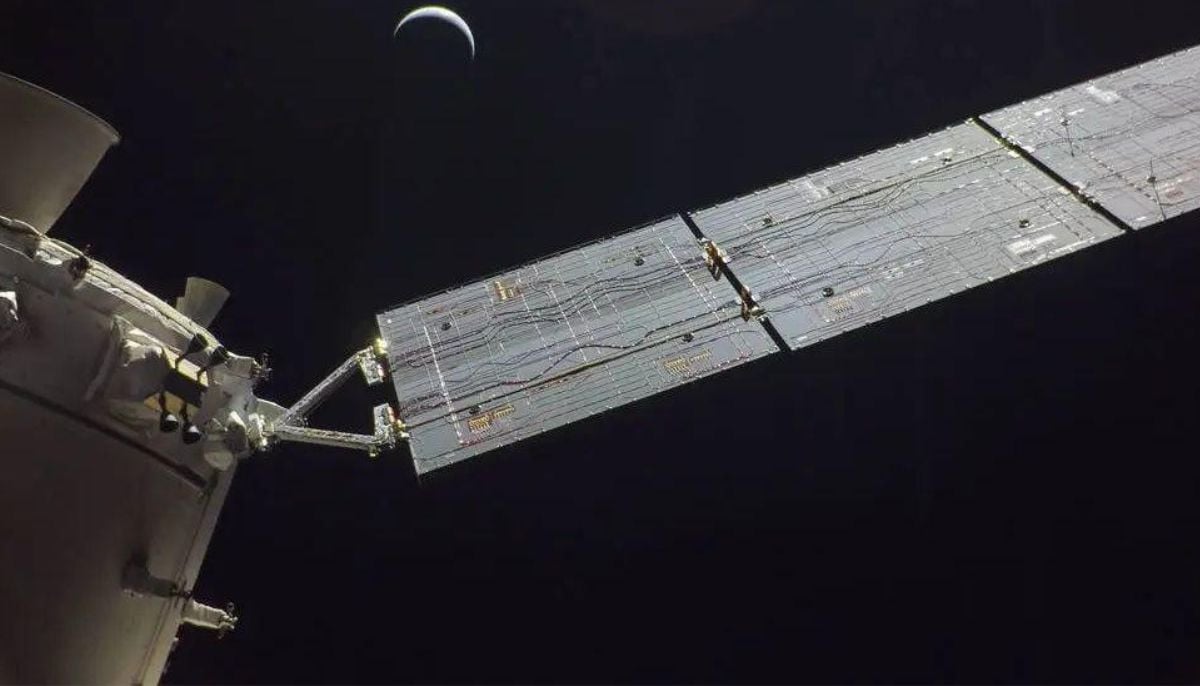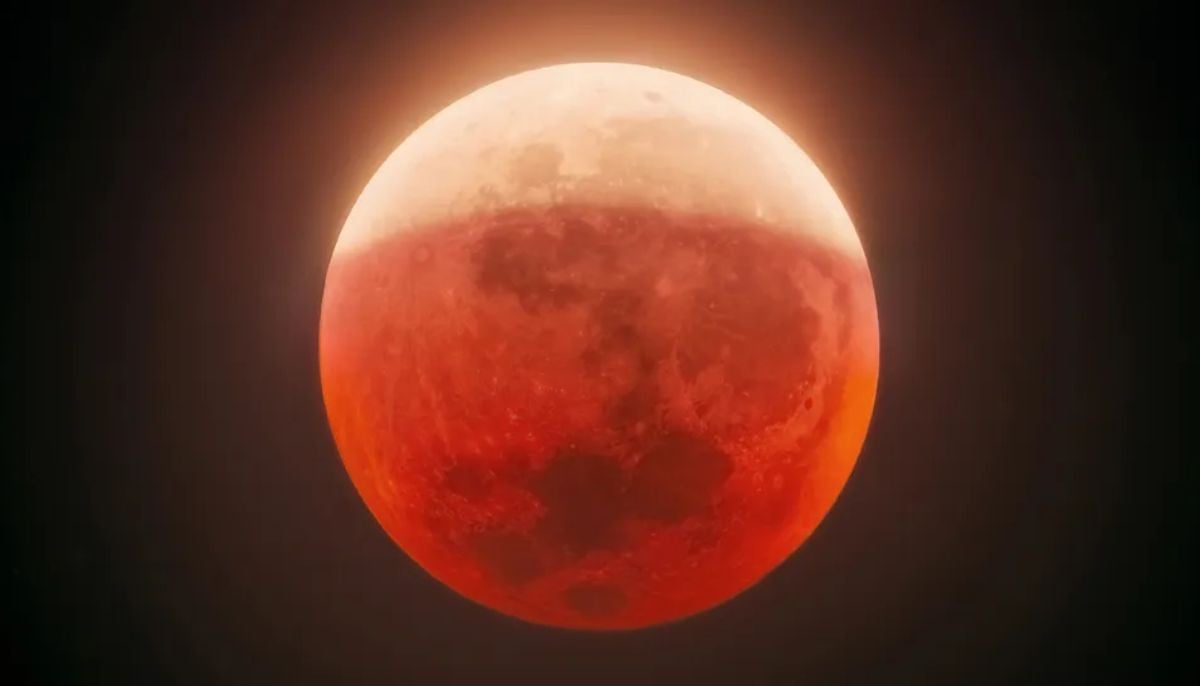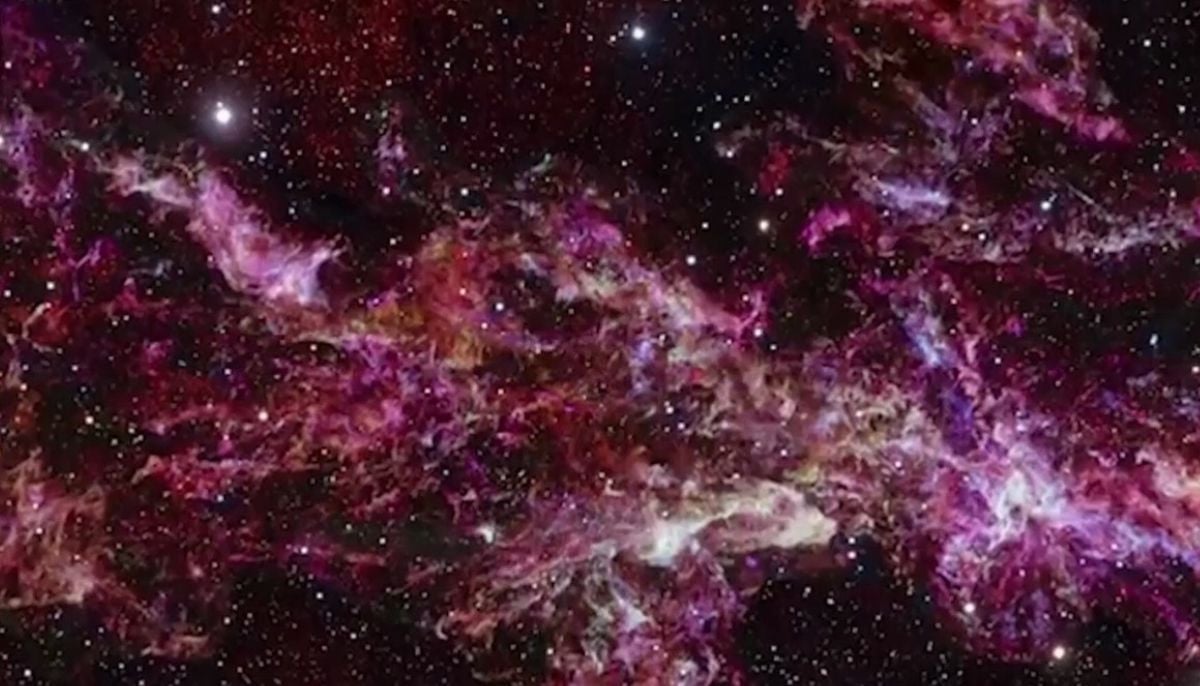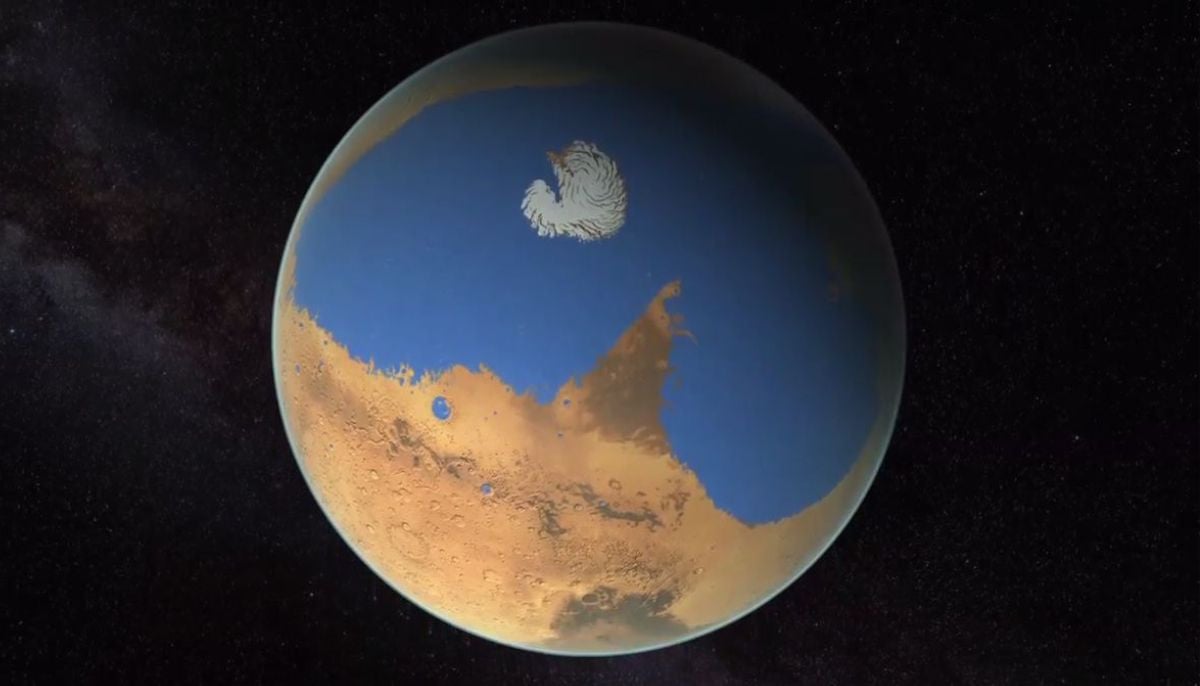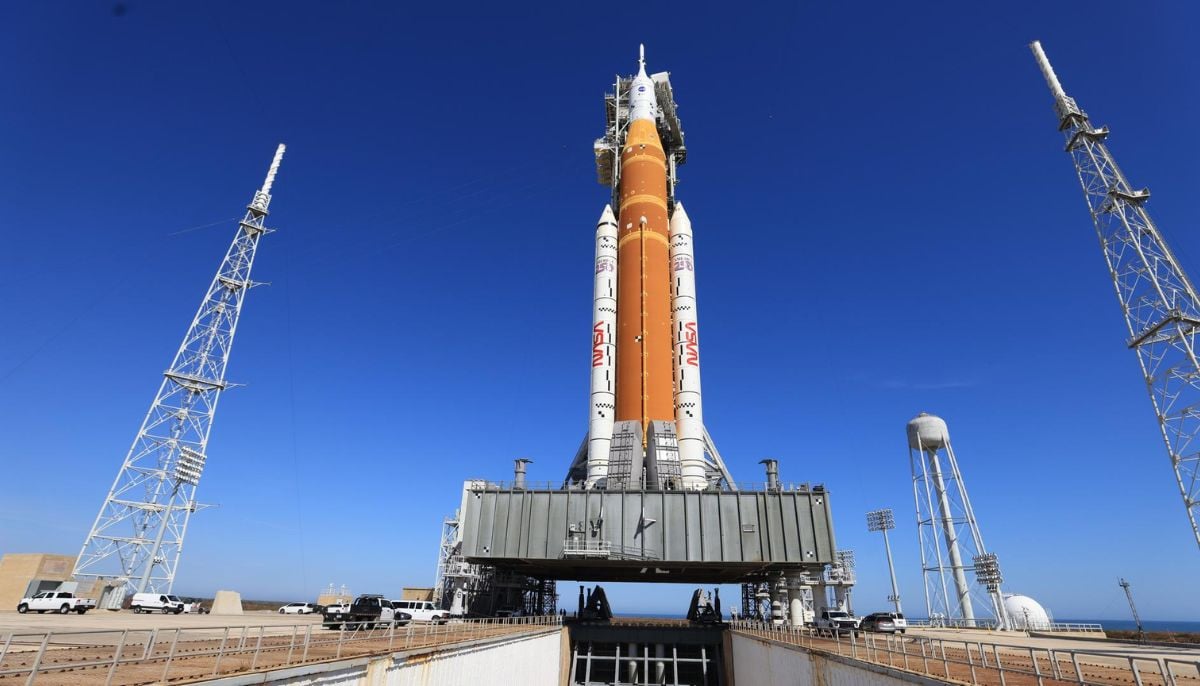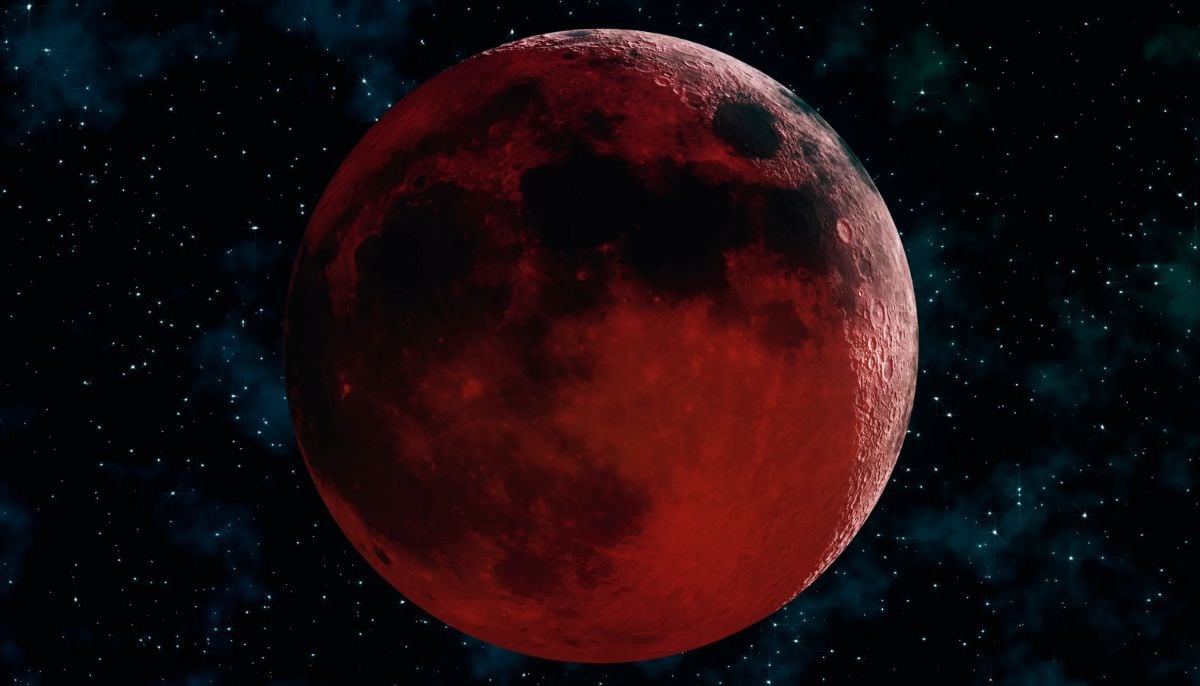Nasa's delayed Psyche mission expected to launch this fall
In addition to COVID-19 epidemic board also found that staffing, managerial oversight, and communication were significantly responsible for the mission's delay as well
The US space agency, Nasa, announced Monday that the first mission intended to explore a metallic asteroid will now launch in October.
The Psyche Mission, the project, was once scheduled to launch in 2022. However, before the spacecraft's flight software was prepared, the launch window, which began on August 1 and ended on October 11, opened, CNN reported.
The software's test bed simulators had a compatibility problem, which was found by engineers when doing testing at Nasa's Jet Propulsion Laboratory in Pasadena, California.
According to the statement, an independent review board determined that efforts made by Nasa and the California Institute of Technology to restart the delayed mission, including institutional and mission-related activities, have been "excellent."
Moreover, the review board met last summer after delays in June 2022 became apparent, and it delivered a report and recommendations to the space agency in November.
The analysis includes solutions for the mission's problems as well as the "JPL institutional challenges" that contributed to the delay.
Jet Propulsion Laboratory (JPL) Director Laurie Leshin has focused on addressing issues raised by the board and the results are "gratifying," she said in a statement.
Leshin has focused on improving JPL to better understand Earth, explore the solar system, and search for signs of life.
The return of 'The Psyche'
When the spacecraft took off, engineers wanted to be absolutely certain that the software would perform as intended.
In order to satisfy their concerns, they developed and installed guidance and navigation software that helps control the spacecraft's orientation and provide trajectory information.
"The project is very nearly through all the key software testing that was the main challenge at the time of the delay, and that has gone well, and the team is on track within margin," Leshin said.
She said that she was "pleased" that the report gave a green signal for the launch and shared that her team is heading to Florida to test spacecraft for the launch scheduled for October.
According to the report, the COVID-19 epidemic contributed to the delay, but the board also found that staffing, managerial oversight, and communication were significantly responsible as well.
As a result, the JPL made changes to get the Psyche mission ready for launch, including reorganising its workforce, updating a hybrid work policy, and adding experienced team members.
The independent review board was impressed with JPL's efforts, and Nasa intends to continue to work with JPL to ensure these changes are prioritised.
The long-awaited Psyche flight
The Psyche asteroid will be delivered by the spacecraft after a 450 million-kilometre (280 million-mile) voyage in August 2029, after which it will enter a 26-month orbit around it, the report said.
The Psyche asteroid has enough metal that some researchers think it may have been the exposed core of a planetesimal, or young planet, that split into layers.
The outer layers may have been peeled away over time by collisions with other astronomical objects, leaving the metallic core exposed. Studying Psyche would be like looking inside the centre of an Earth-like planet if it were a core.
The potato-shaped asteroid only appears as a fuzzy blur to ground- and space-based telescopes. The unusual object could also be a piece of primordial material that never melted, according to Nasa.
-
Is human mission to Mars possible in 10 years? Jared Isaacman breaks it down
-
Total lunar eclipse to turn Moon red on March 2-3
-
Stunning new photos of the Milky Way shed light on how stars are formed
-
Antarctica’s mysterious ‘gravity hole’: What’s behind the evolution of Earth’s deep interior?
-
‘Mars’ missing water mystery takes a surprising turn as new study finds regional dust storms trigger massive water loss into space
-
Scientists reveal how sleeping can unlock your creative potential
-
NASA Artemis 2 moon mission faces unexpected delay ahead of March launch
-
Total Lunar eclipse: What you need to know and where to watch
